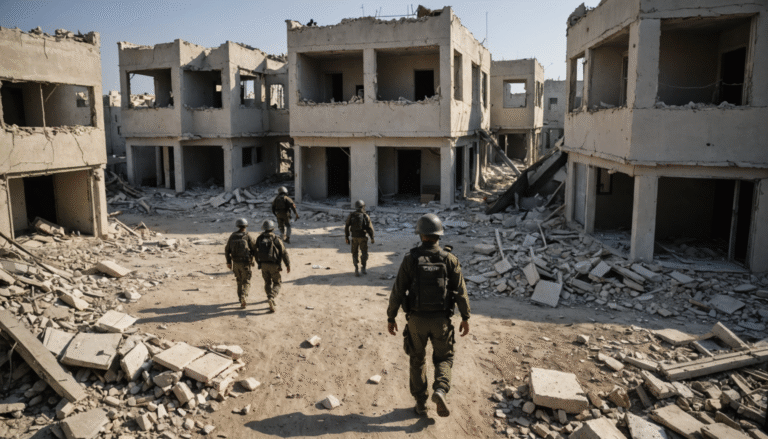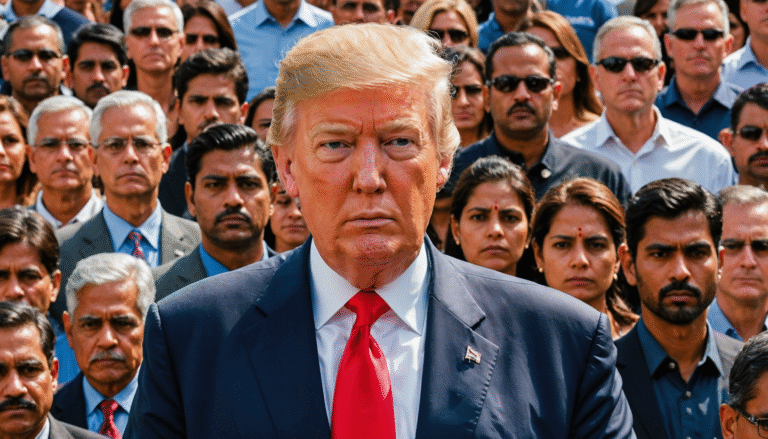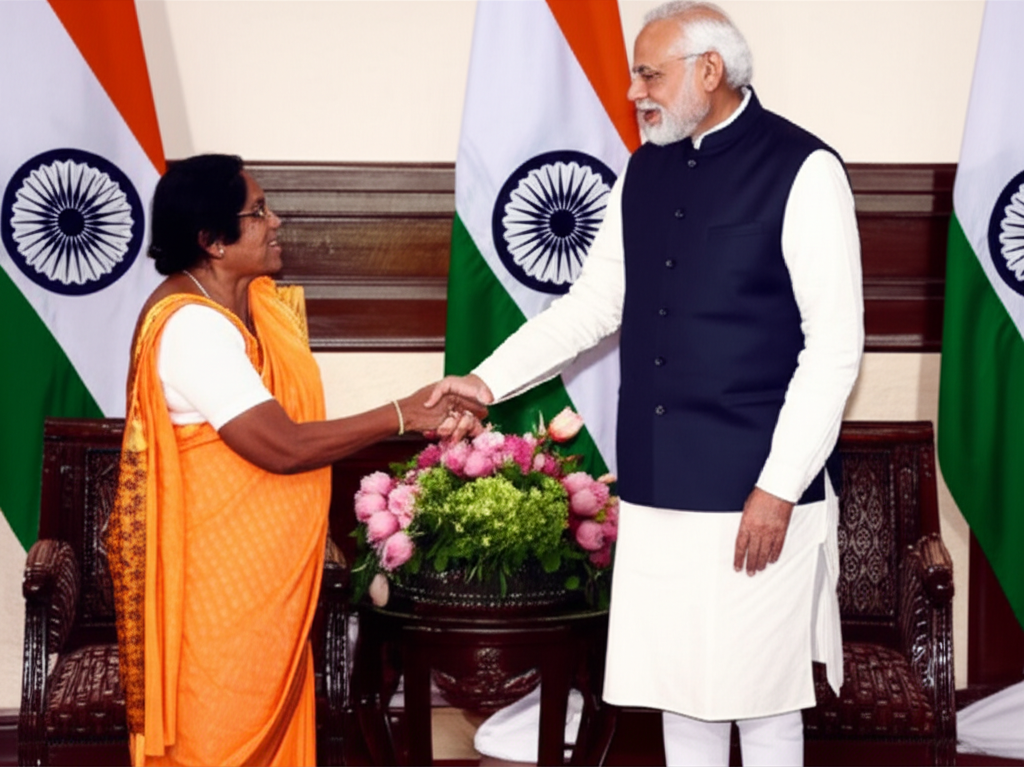
Diplomatic Overture Between India and Nepal
Indian Prime Minister Narendra Modi held a conversation on Thursday with Sushila Karki, the newly appointed Prime Minister of the interim Government of Nepal. The discussion between the two leaders underscored the long-standing relationship between the neighboring countries, coming at a pivotal moment in Nepal’s political landscape. During the call, Prime Minister Modi extended his heartfelt condolences following the tragic loss of lives in recent protests that have swept through Nepal. The conversation highlighted India’s commitment to regional stability and its support for Nepal’s internal processes for peace. The call with interim leader Sushila Karki of Nepal served as a formal acknowledgment from India of the new leadership and as a reaffirmation of diplomatic ties. The timing of the call was also significant, occurring just ahead of Nepal’s National Day, for which Modi extended his warm greetings to Karki and the Nepalese people. This gesture reinforces the cultural and political connections that bind the two nations, even during periods of significant domestic change within Nepal.

The essence of the conversation was captured in a public statement by Prime Minister Modi. In a post on the social media platform X, he described the conversation as warm and detailed the key points of their discussion. He explicitly mentioned conveying condolences and reasserting India’s support. This public diplomacy is crucial in signaling India’s policy position towards the new interim government and the broader situation in Nepal. The prime minister’s message was one of solidarity and unwavering support for Nepal’s journey towards restoring peace and ensuring stability for its citizens. This affirmation of steadfast support is a critical diplomatic signal, indicating that India intends to work closely with the new administration led by Karki to navigate the challenges ahead. The dialogue initiated by Modi is an important step in maintaining open lines of communication during this transitional period in Nepal’s governance.
Background: A Youth-Led Political Transformation
The recent political shifts in Nepal, which led to the appointment of Sushila Karki, were driven by a powerful wave of public discontent. The protests were primarily led by Gen Z youth activists, marking a significant moment of youth-led political engagement in the country. These demonstrations were not spontaneous but were fueled by deep-seated and growing frustration over several key issues. The core grievances cited were widespread corruption, a persistent lack of accountability among the political class, and a general sentiment that the nation’s political elites had failed the populace. The situation escalated dramatically, leading to violent clashes and a political crisis that culminated in the dissolution of the Parliament on September 8. The specific catalyst that ignited these widespread protests was the then-Nepalese government’s decision to ban social media, a move that was perceived as an attempt to stifle dissent and control the flow of information, further alienating an already frustrated youth population.
The resignation of the sitting Prime Minister, KP Sharma Oli, was a direct consequence of these widespread protests. His departure created a power vacuum that needed to be filled urgently to prevent further instability. It was in this context that the protesters, having effectively reshaped the political landscape, put forward their own nominee for the interim leadership position. Their collective endorsement of Sushila Karki was a testament to her public standing. The protesters specifically cited her integrity and independence as the primary reasons for their choice, signaling a desire for a leader perceived as being above the political fray and untainted by the issues that had fueled their movement. This grassroots endorsement gave Karki a unique and powerful mandate as she stepped into the role of interim Prime Minister, backed directly by the very movement that had brought about the political change. Her appointment is therefore seen not just as a political succession but as a direct response to the demands of a mobilized citizenry for cleaner and more accountable governance.
The Appointment of Sushila Karki
Sushila Karki’s assumption of the role of interim Prime Minister is a historic event for Nepal. She is not only the country’s first woman Prime Minister but also its first woman Chief Justice, marking a distinguished career in public service. The 73-year-old former Chief Justice was sworn into her new position on a Friday, following the tumultuous events that led to the dissolution of the previous government. Her appointment represents a significant milestone for female leadership in the nation and is a direct result of the transformative power of the Gen Z-led movement. The movement, having successfully challenged the existing political order, saw in Karki a figure who could steer the country through a sensitive transitional phase. Her background in the judiciary, particularly her reputation for integrity, made her an acceptable and respected choice for those demanding change.
- Indian Prime Minister Narendra Modi offered condolences for lives lost during recent protests in Nepal.
- Sushila Karki was appointed interim Prime Minister following widespread Gen Z-led protests against corruption.
- The protests were triggered by a government ban on social media and led to the resignation of PM KP Sharma Oli.
- India, through its ambassador and prime minister, reaffirmed its commitment to supporting Nepal’s stability.
- Karki, Nepal’s first female Chief Justice, will lead the interim government until March 5, 2026.
Continued India-Nepal Diplomatic Engagement
The high-level phone call between the prime ministers was preceded by other diplomatic activities. Earlier in the week, on Tuesday, the Ambassador of India to Nepal, Naveen Srivastava, paid a courtesy call on Prime Minister Sushila Karki at her office located in Singha Durbar. This meeting was the first formal engagement between a representative of the Indian government and the new interim Prime Minister. According to a post on X from Nepal’s Ministry of Foreign Affairs, Ambassador Srivastava’s primary purpose was to convey a congratulatory message from Prime Minister Narendra Modi on Karki’s appointment. This formal message of congratulations is a standard and important diplomatic protocol that signals recognition and a desire for continued positive relations. The meeting at Singha Durbar underscored the importance both nations place on their bilateral relationship.
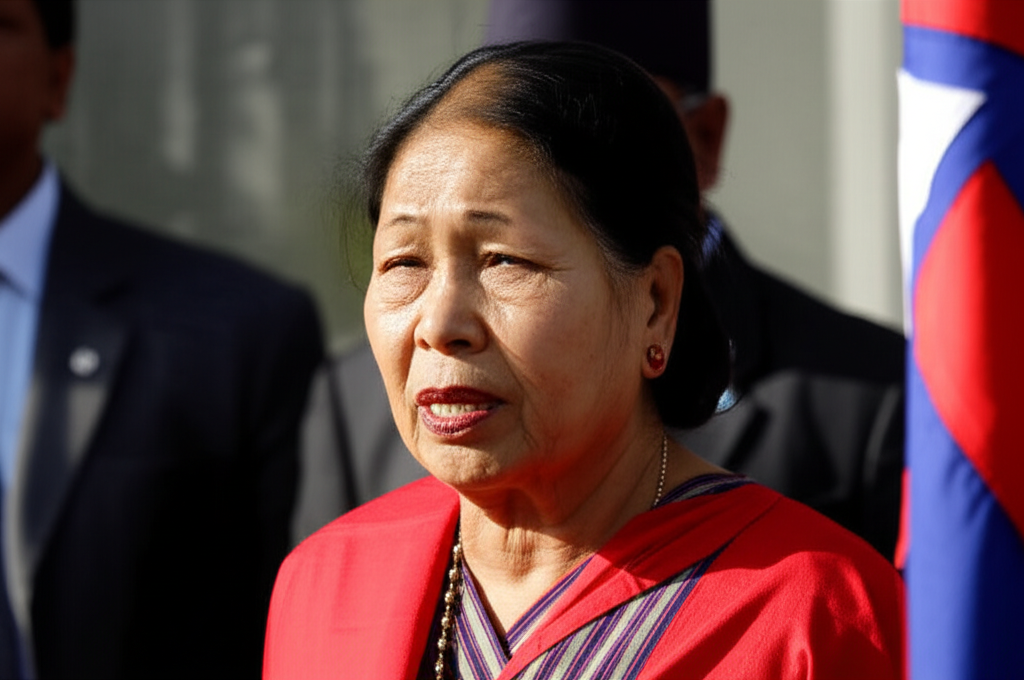
During this meeting, Ambassador Srivastava also took the opportunity to reaffirm India’s broader commitment to its relationship with Nepal. He reiterated India’s dedication to further strengthening the close bonds of friendship and cooperation that have historically existed between the two neighboring countries. This sentiment was formally documented by Nepal’s Ministry of Foreign Affairs.
H. E. Mr. Naveen Srivastava, Ambassador of India, paid a courtesy call on Rt. Hon’ble Prime Minister Mrs. Sushila Karki at her office in Singha Durbar today. Ambassador Srivastava conveyed the congratulatory message from Hon. Prime Minister of India, Shri Narendra Modi, to the Rt. Hon. Prime Minister on her appointment as the Prime Minister of Nepal and expressed India’s commitment to work together for further strengthening the close bonds of friendship and cooperation between the two neighbouring countries.
What’s Next for Nepal’s Interim Government
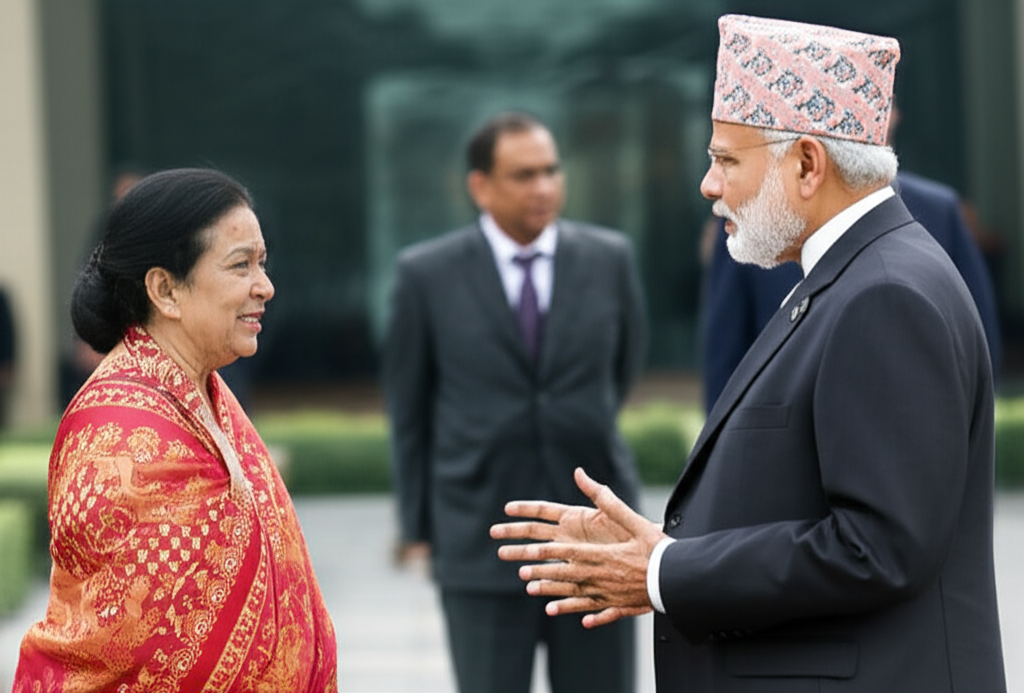
The path forward for Nepal under the interim government of Sushila Karki is clearly defined for the medium term. Her leadership is not a permanent arrangement but a transitional one designed to guide the country towards renewed political stability. According to the established plan, she will hold the position of interim Prime Minister until a specific date: March 5, 2026. This fixed term provides a clear timeline for the interim period, allowing for the necessary preparations for a return to an elected government. The primary mandate of her administration will be to oversee the state and ensure stability until the democratic process can be fully restored. This period will be crucial for addressing the underlying issues that led to the recent protests and for laying the groundwork for future governance.
Following the conclusion of her term, the country will move towards holding fresh elections. These elections will be for the parliament, which will then be tasked with choosing the next prime minister. This established process ensures a constitutional and democratic transfer of power after the interim phase. The leadership of Sushila Karki, a respected former Chief Justice, is intended to provide a steady hand during this period, ensuring that the mechanisms for free and fair elections can be put in place. The ultimate goal is to return Nepal to a state of normalcy where a new government, chosen by the people and their elected representatives, can take charge and address the long-term challenges facing the nation. The support offered by neighboring countries like India will be an important factor in this transition. [Source]




